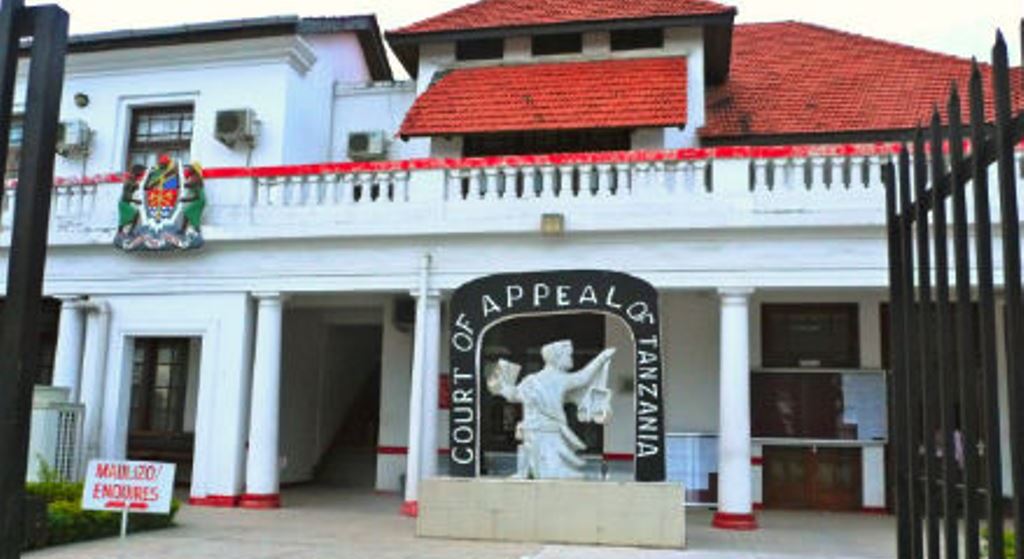Author: FAUSTINE KAPAMA
AfricaPress-Tanzania: THE Court of Appeal has saved two brothers, Issa Idrissa and Maliki Idrisa, both witchdoctors, from remaining behind bars for life for gang raping their patient in Bagamoyo District in Coast Region, in 2014.
Justices Shaban Lila, Ferdinand Wambali and Winfrida Korosso ruled in favour of the duo, as appellants, after allowing their appeal they had lodged to oppose findings of both the trial District Court and the High Court.
“We invoked the powers of revision under Section 4(2) of the Appellate Jurisdiction Act and quashed proceedings and judgments of both lower courts and the convictions. We also set aside the sentences. The appellants be released from prison unless held therein for another justifiable cause,” they declared.
The justices examined the charge preferred against the appellant and found that it was bad in law for being duplicity, as the prosecution had lumped up two distinct offences into one count.
According to them, under section 130(1)(2) of the Penal Code, there are various categories of rape offences, one being rape committed by traditional healers, while section 131A (1) (2) of Penal Code creates another category of rape which is committed by a group of persons termed as gang rape.
The justices said that it was patently clear that rape committed by traditional healers is quite a distinct offence from the offence of gang rape.
“The two offences could not therefore be charged in the same count. We accordingly share the Senior State Attorney’s view that the charge was duplex,” they said.
As to the effects thereof, the justices pointed out that an omnibus charge offends the principle of fair hearing.
They explained that the usual consequence has been to quash the proceedings and judgments of the lower upon noting that the accused persons were prejudiced by such legal defect.
“(The appellants) were prejudiced by the duplicity of the charge and their inability to marshal their defence in accordance with charge of gang rape thereby occasioned injustice. The defect, in the circumstances, cannot be cured under section 388 of the (Criminal Procedure Act),” the justices said.
Following such defect, the justices had to determine whether or not there should be a retrial of the case.
Having scrutinized the evidence tendered by witnesses, they noted two serious shortfalls which could be rectified by the prosecution if retrial is ordered.
The justices pointed out that the record of appeal bears out that the only evidence regarding the involvement of the appellants in the commission of the offence came from the victim and there was no other person who eyewitnessed the commission of the offence.
They entirely agreed with the Senior State Attorney that the victim was not a reliable witness, as it is evident that she gave inconsistent reports to the police on what befell on her.
One of witnesses had told the trial court that the victim reported being assaulted and gave another report of being raped.
“The victim’s inconsistent reports to the police, issuance with two PF3, her evidence during examination in-chief and responses to questions by the court on what befell on her do not add up. Those inconsistencies point to an irresistible inference that she was not trustworthy,” the justices said.
In the circumstances of this case, they said, an order of retrial would not serve the interest of justice as the apparent deficiencies and inconsistencies were most likely to be rectified by the prosecution in the event an order of retrial is made to the prejudice of the appellants.
Before the incident, the victim never knew the appellants.
It was a friend, who introduced her to them as witchdoctors able to cure her evil spirit problem.
Moved by that information, in March, 2014, she travelled to Kiwangwa area in Bagamoyo to meet the witchdoctors.







